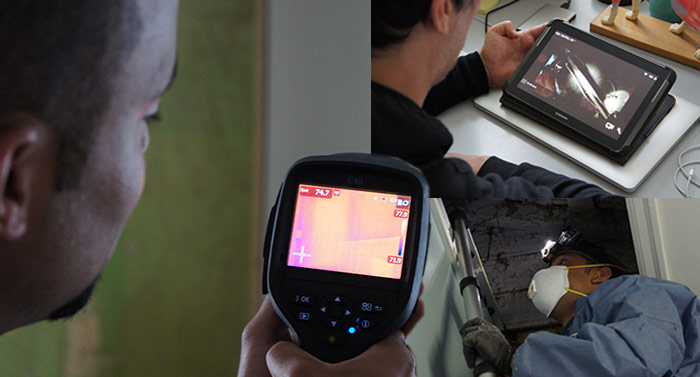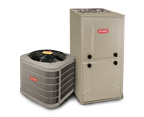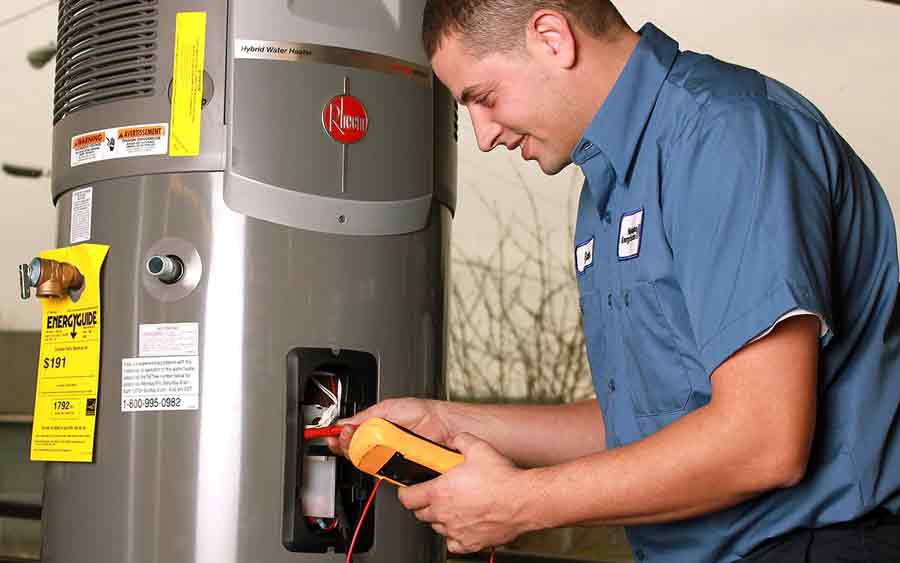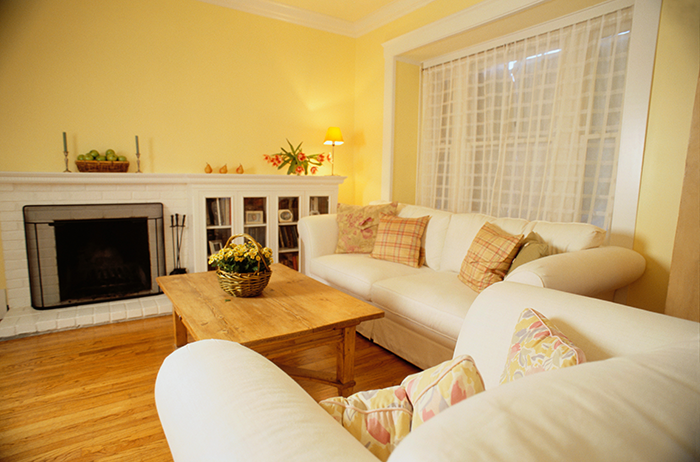
Tax credits for energy saving
There are many ways to improve the efficiency of your home from cost effective heating and cooling to simply changing light bulbs.Improving your home energy efficiency is one of the most effective ways to reduce ones carbon footprint and save on home energy expenses in Washington State. There are many ways to improve the efficiency of your home from cost effective heating and cooling to simply changing light bulbs.
Improving your home energy efficiency is one of the most effective ways to reduce ones carbon footprint and save on home energy expenses in Washington State. There are many ways to improve the efficiency of your home from cost effective heating and cooling to simply changing light bulbs.
The federal government has had tax incentives for homeowners to become more energy efficient. Millions have taken advantage of the tax incentives so far, but for the millions who have not there is no indication they will be renewed after the 2011 expiration. Many of the federal tax credits on energy efficient materials and appliances made it easy for homeowners in Western Washington to be energy savers. The credits were as much as 30% of the total cost of the project up to $1,500. Most credits only applied to existing homes in Washington State, excluding rentals.
Here’s the list of items that WAS on the tax credit list. It’s still valuable to homeowners as a guideline for top energy efficient product choices.
Heating & cooling
• Natural gas furnace or propane furnace (AFUE rating of at least 95%)
o Furnaces have increased in efficiency, but developers still typically put inefficient 80% AFUE rated furnaces into new construction. If you are building a home, or your remodel includes a new furnace, be sure to ask your contractor about the standard furnace they use.
o Don’t have a gas furnace today? Many local utilities offer rebates for conversion to gas.
• Central air conditioning: (SEER rating of at least 16)
• Heat pump (SEER rating of at least 15)
o Heat pumps offer an energy-efficient alternative to furnaces and air conditioners in moderate climates. Like your refrigerator, heat pumps use electricity to move heat from a cool space into a warm, making the cool space cooler and the warm space warmer. During the heating season, heat pumps move heat from the cool outdoors into your warm house; during the cooling season, heat pumps move heat from your cool house into the warm outdoors. Because they move heat rather than generate heat, heat pumps can provide up to 4 times the amount of energy they consume. Many people have experienced up to a 30% savings in the cost of heating or cooling their homes with a heat pump. (Source: York 2005).
o Geothermal heat pumps are like ordinary heat pumps but use the ground instead of outside air to heat, cool and make hot water. They are highly efficient, but installation may have limiting factors such as terrain or space. There are several different types of ENERGY STAR rated pumps that all qualify for tax credits.
• Biomass stove (Thermal efficiency rating of at least 75%) o Biomass stoves burn biomass fuel to heat a home or heat water. Biomass fuel includes agricultural crops and trees, wood and wood waste and residues (including wood pellets), plants, grasses, residues, and fibers.
Water heaters & solar
• Water heaters – gas, propane or oil (EF 82 or thermal efficiency of at least 90%)
o Water heating can account for a lot of the energy consumed in your home. Traditional tank water heaters last from 8-10 years.
o Good tax credit qualified alternatives for standard water heaters include Heat Pump water heaters (EF of at least 2.0) and high efficiency tankless water heaters, and solar water heaters. Your local contractor can provide information on the energy and tax savings of each. Solar water heaters must have half of their energy coming from the sun, be used in the house only (not pool), and be certified SRCC to qualify for tax credits.
• Solar panels (photovoltaic systems)
o Qualified solar panels are solar cells that capture light from the sun to provide electricity for a residence and meet applicable fire and electrical code. This credit is more complex; currently listed as 30% of the cost up to $500 per .5 kw of power capacity. This tax credit does not expire in 2010, it runs until December 2016. There may also be local or state subsidies and/or regulations.
o An alternative to going completely solar is to have a solar water heater (see above) or solar attic fan. This way you can harness the sun for an individual component of your energy use.
The following are current tax credit qualified products where the credit is 30% of the materials only (no labor) of the project up to $1,500.
Insulation, roofing, windows & doors
• Insulation replacement
o Bulk insulation products can qualify, such as batts, rolls, blow-in fibers, rigid boards, expanding spray, and pour-in-place. Products that seal air (reduce air leaks) can also qualify, as long as they come with a Manufacturers Certification Statement. These can include weather striping, caulking and house wraps. Note, installation costs don’t count toward your tax credit.
• Roofs
o Qualified metal and asphalt roof products can reflect the sun’s rays, lowering roof surface temperature and decreasing the amount of heat coming into your home. The metal roofs must have appropriate colored coatings and asphalt roofs must have appropriate cooling granules – check with the energy star website or your contractor for details.
• Windows and doors (U factor less than 0.30)
o Energy efficient windows, doors and skylights can truly impact your home’s comfort and energy bills. Typically the tax credit qualifying windows have Low E glass or a similar coating.
• Storm windows and doors (U factor and SHGC of .30 or below; must meet IECC)
o Storm windows or storm doors can enhance efficiency by creating another barrier between the interior of you home and the weather outside
In addition to these tax credits, there is also a good chance your local utility (in Seattle, Tacoma, Everett or Olympia, WA) has cash incentives for installing energy efficient products in your home.
To learn more about these incentives, contact a Washington Energy Services Home Energy Specialist at 1-800-398-HOME (4663).
Related products
Suggested Reading
- 2016
- AC
- AC Installation
- AC Units
- AFUE
- air conditioing
- air conditioner
- air conditioning
- air conditioning maintenance
- air conditioning service
- air conditioning tune-up
- air duct
- air duct cleaning
- air handlers
- air pollution
- Air Purification System
- air purifier
- Air Sealing
- angie's list
- award
- basement Finishing
- Bathroom remodel
- BBB
- BBB Accredited Business
- before and after
- Best air conditioner
- best filters
- best generator
- best locks
- best water heater
- best window install
- boilers
- bryant
- Bryant AC
- bryant furnace
- bryant heat pump
- christmas lights
- clean air
- clothes drive
- Clothes For Kids
- coat drive
- combi-boiler
- comfort
- community
- Construction
- contractor
- contractors
- Cooling
- Cooling equipment
- Coronavirus Protection
- custom
- daikin
- deals
- discounts
- DIY
- Donation
- Donations
- door hardware
- door installation
- door replacement
- Door Transformations
- doors
- drafty home
- drain cleaning
- Duct Cleaning
- Duct Cleaning Services
- ductless
- Ductless heat pump
- ductless heat pump. mini-split
- Ductless heat pumps
- ductless heating system
- ductless heating systems
- ductless installation
- Ducts
- earth day
- eco friendly
- EER
- election
- electrical inspection
- emergency
- energy
- energy conservation
- energy efficiency
- energy efficiency rebates
- energy efficient AC
- energy efficient air conditioner
- energy efficient home
- energy efficient hvac
- energy efficient HVAC Systems
- energy efficient windows
- energy myths
- energy saving
- energy saving home products
- energy star
- energy tax credit
- environmentally friendly
- exterior doors
- fall
- fall weather
- fiber cement
- fiberglass doors
- filter
- filter change
- financing options
- fireplace
- fireplace insert
- fireplace repair
- fireplace tune-up
- front door
- furnace
- furnace filters
- furnace install
- furnace maintenance
- furnace mileage
- furnace problems
- furnace replacement
- furnace service
- furnaces
- Garage door replacement
- gas fireplace
- gas fireplace inserts
- Gas Fireplace Makeover
- gas furnace
- generators
- going green
- good business practices
- green solutions
- Guardian Maintenance Club
- heat
- heat pump
- heat pump installation
- heat pump maintenance
- heat pump vs ac
- Heat Pumps
- heat pumps maintenance
- heat wave
- Heating
- Heating and Cooling equipment
- heating and cooling systems
- Heating Brands
- Heating Control
- Heating equipment
- Heating System Tuneup
- heatwave
- HEPA filter
- history
- holiday
- home
- home buyer
- home energy
- home energy efficiency
- Home energy efficiency solutions
- home exterior
- home heating
- home improvement
- Home Improvement Rebates
- home improvement repair
- home inspection
- home maintenance
- home maintenance checklist
- home maintence
- home performance
- home protection
- home repair
- home safety
- home upgrade trends
- home upgrades
- home value
- homeowners
- honeywell
- hot water
- hot water heater
- houzz
- how to
- HVAC
- HVAC Contractor
- HVAC Contractors
- hvac system
- IAQ
- indoor air quality
- infographic
- install
- install furnace
- insulation
- intellihot
- interior doors
- kids
- Kitchen face lift
- LED light
- LED lights
- light bulb
- light bulbs
- locks
- mailbag
- maintenance
- march
- membership
- mini-split
- modulating furnace
- money saving
- money savings
- navien
- new door installation
- new home
- New homeowner
- new windows
- news
- pacific northwest weather
- patio doors
- pets
- plumbing
- plumbing inspection
- power
- power outages
- precision tune up
- preventative
- Pro Tips
- Programmable Thermostat
- Programmable Thermostats
- propane
- PSE Award
- PSE Energy
- PUD
- Q & A
- Ratings
- rebates
- refund
- REME Halo
- Remodel
- remodeling hacks
- Replacing Heating System
- reputation
- Safe Home Insulation
- sale
- save energy
- Saving money
- scam
- scams
- seattle
- Seattle Weather
- SEER
- service
- services
- Siding
- Siding replacement
- sliding glass doors
- Smart Home
- Smart thermostat
- smoke
- Solar Attic Fan
- solar power
- Solar Powered Light Strand
- sound
- spring
- standby generators
- storm doors
- summer
- summer fires
- Summer heat
- Summer home
- super service 2016
- tank water heater
- Tank water heaters
- tankless tune ups
- tankless water heater
- tankless water heaters
- tax rebate
- thanksgiving
- Thermostat
- tips
- trends
- tune-up
- upgrade
- upgrade cooling
- upgrade heating
- utilities
- utility rebates
- veterans
- Washington Energy
- washington energy services
- water conservation
- Water Heater
- water heater installation
- water heater maintenance
- water heater repair
- water heaters
- water leak protection
- Wildfire Season
- wildfire smoke
- window
- window energy efficiency
- window install
- window maintence
- window remodel
- window repair
- window replacement
- windows
- winner
- winter
- zone heating
- Air Conditioning
- Air Purifiers
- Cooling
- Doors
- Ductless heat pump
- Environmental
- Fireplace
- Furnace
- Gas fireplace
- Generators
- Heat pump
- Heating
- Home improvement
- How to
- HVAC
- Indoor Air Quality
- Insulation
- News
- Plumbing
- Rebates
- Seattle
- Service near you
- Siding
- Smart Home
- Tank water heaters
- Tankless water heaters
- Tips to save money
- Uncategorized
- Wildfire Season
- Windows


